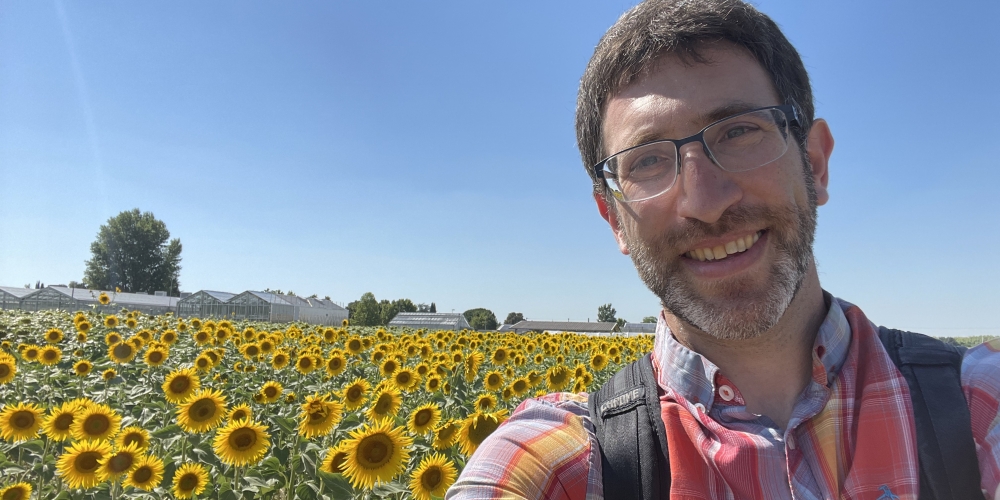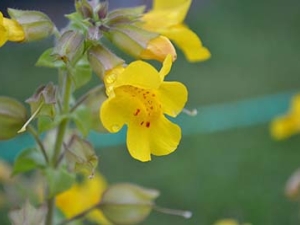

Research Bio
Benjamin Blackman is an associate professor in the Department of Plant and Microbiol Biology. His research seeks to understand how plant development and its ability to respond to changing environmental conditions evolve. Using a combination of molecular, genomic and field approaches to connect genes to traits and ecology, his research group aims to address fundamental questions about the genetics of adaptation, the evolution of development, and mechanisms of gene-environment interaction in two plant groups, sunflower and monkeyflower. Their work in these systems currently focuses on the environmental and circadian regulation of solar tracking movements by sunflower stems and of floret maturation in sunflower disks, transcriptomic and ancient DNA studies of sunflower domestication, and the ecological genetics of adaptation to local climates along environmental gradients.
Research Expertise and Interest
evolution, adaptation, domestication, phenotypic plasticity, flowering time, evo-devo, genomics, plant biology
In the News
How the monkeyflower gets its spots
How sunflowers follow the sun
Sunflowers not only pivot to face the sun as it moves across the sky during the day, but they also rotate 180 degrees during the night to greet the morning sun.


